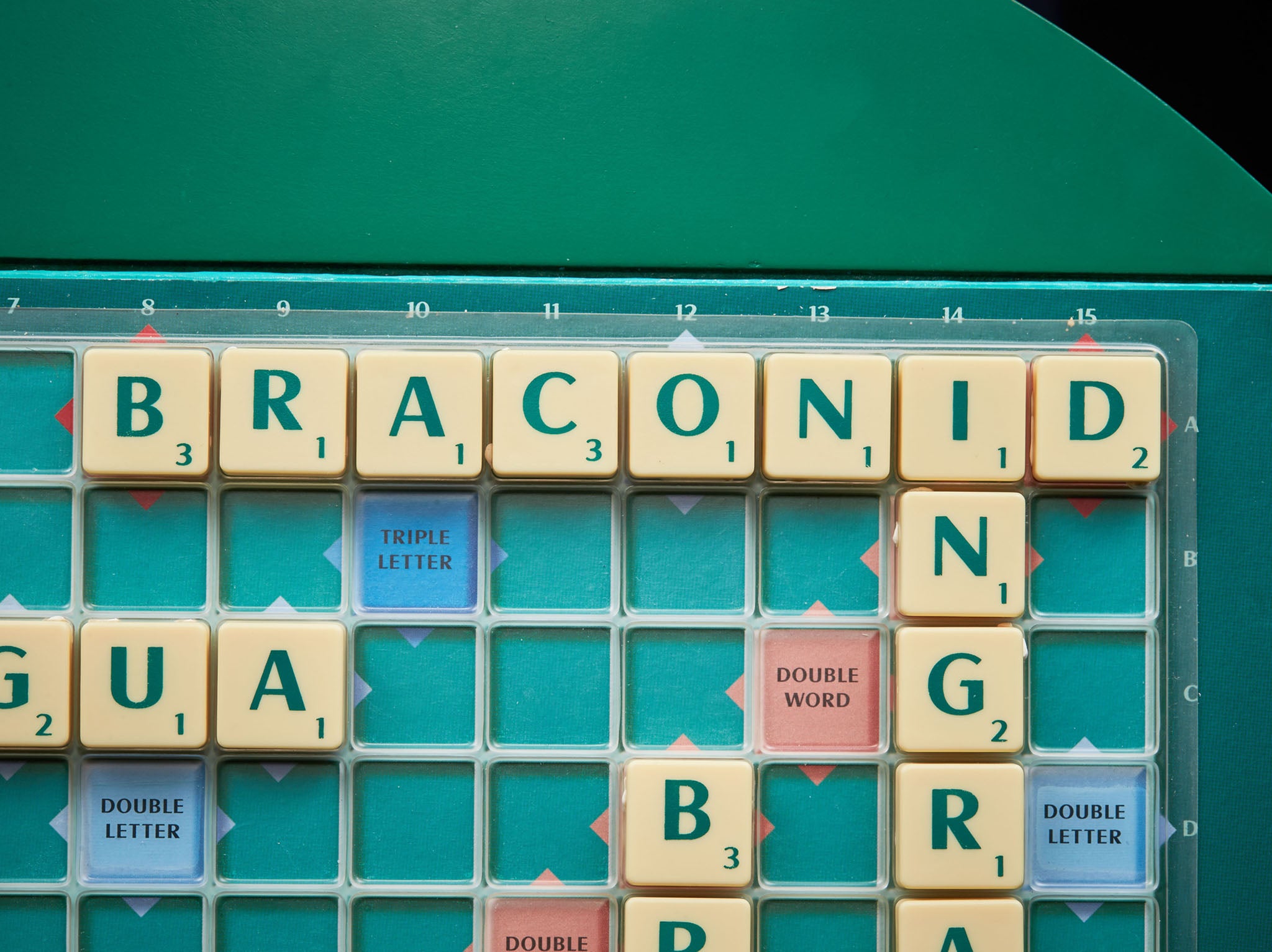The Independent's journalism is supported by our readers. When you purchase through links on our site, we may earn commission.
Men better at Scrabble as women won’t waste time practising useless skills, finds study
'Just because there is a huge gender difference, it doesn’t mean there is a huge ability gap'

Men generally outperform women in Scrabble tournaments because female competitors are less willing to spend their time improving a largely pointless skill, according to new research.
Scientists found male players spend their time practising anagrams and analysing the game, whereas women are more likely to play the game as a hobby.
The research, published in the journal Psychological Research, found there is no inherent difference in talent between genders.
Yet, despite the fact there are slightly more female participants in Scrabble tournaments, male players tend to dominate them.
To find out why, University of Miami researcher Dr Jerad Moxley and his colleagues questioned 300 participants at the 2004 and 2008 US National Scrabble tournaments about their playing habits.
The scientists then analysed how the participants spent their time against their game ratings, which showed men tended to outperform women in the competitions.
Dr Moxley found both men and women were putting the same number of hours into playing the game, but significantly, they spent their time differently.
Men spent the hours analysing the moves of past winners and practising their anagrams.
Women, on the other hand, spent their hours playing Scrabble – an enjoyable game deemed largely useless for building skills by the scientists – for fun, treating it as a hobby.
The researchers found female participants played the game to be happy.
“Just because there is a huge gender difference, it doesn’t mean there is a huge ability gap," Dr Moxley told The Times.
Join our commenting forum
Join thought-provoking conversations, follow other Independent readers and see their replies
Comments
Bookmark popover
Removed from bookmarks